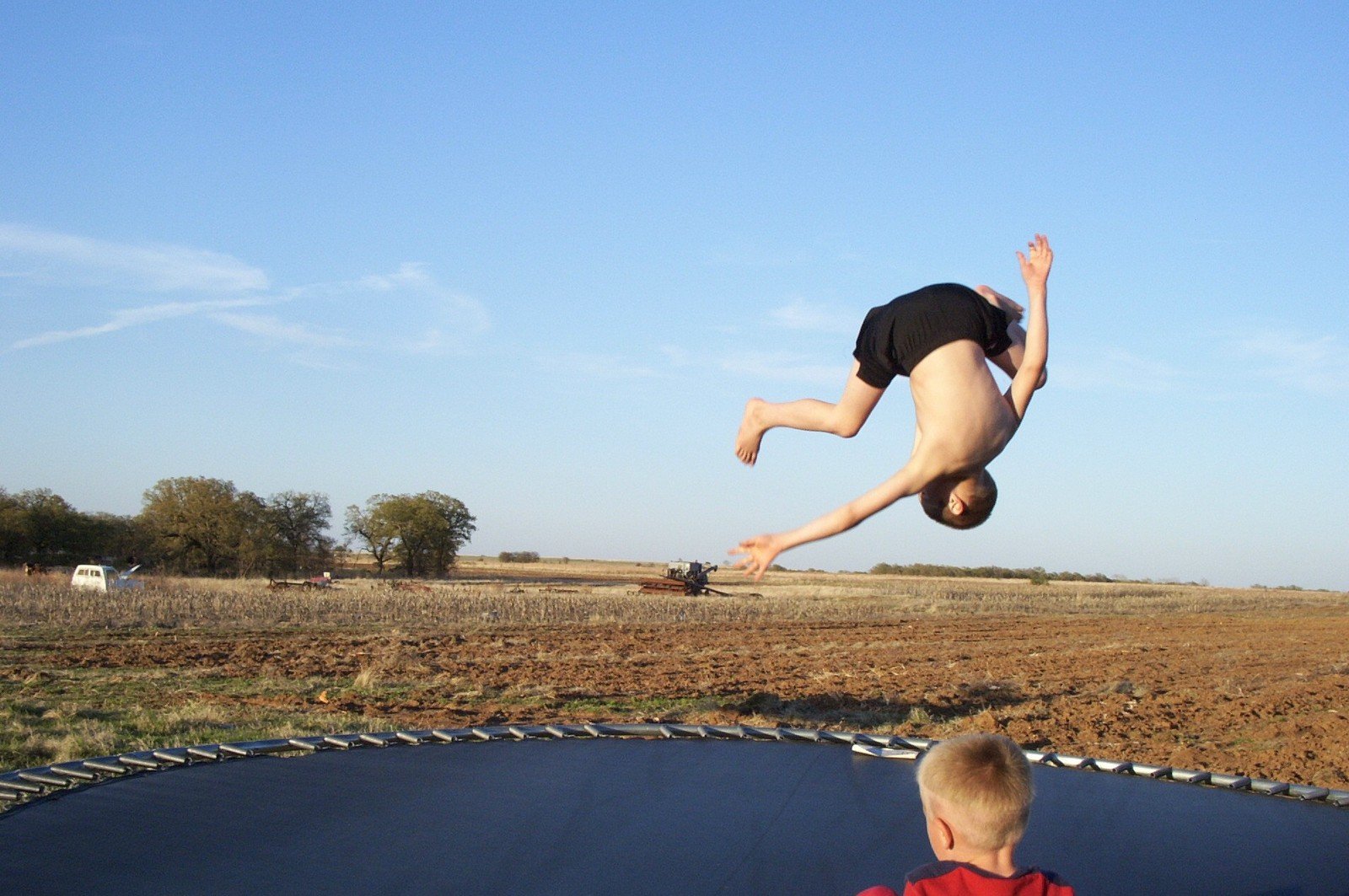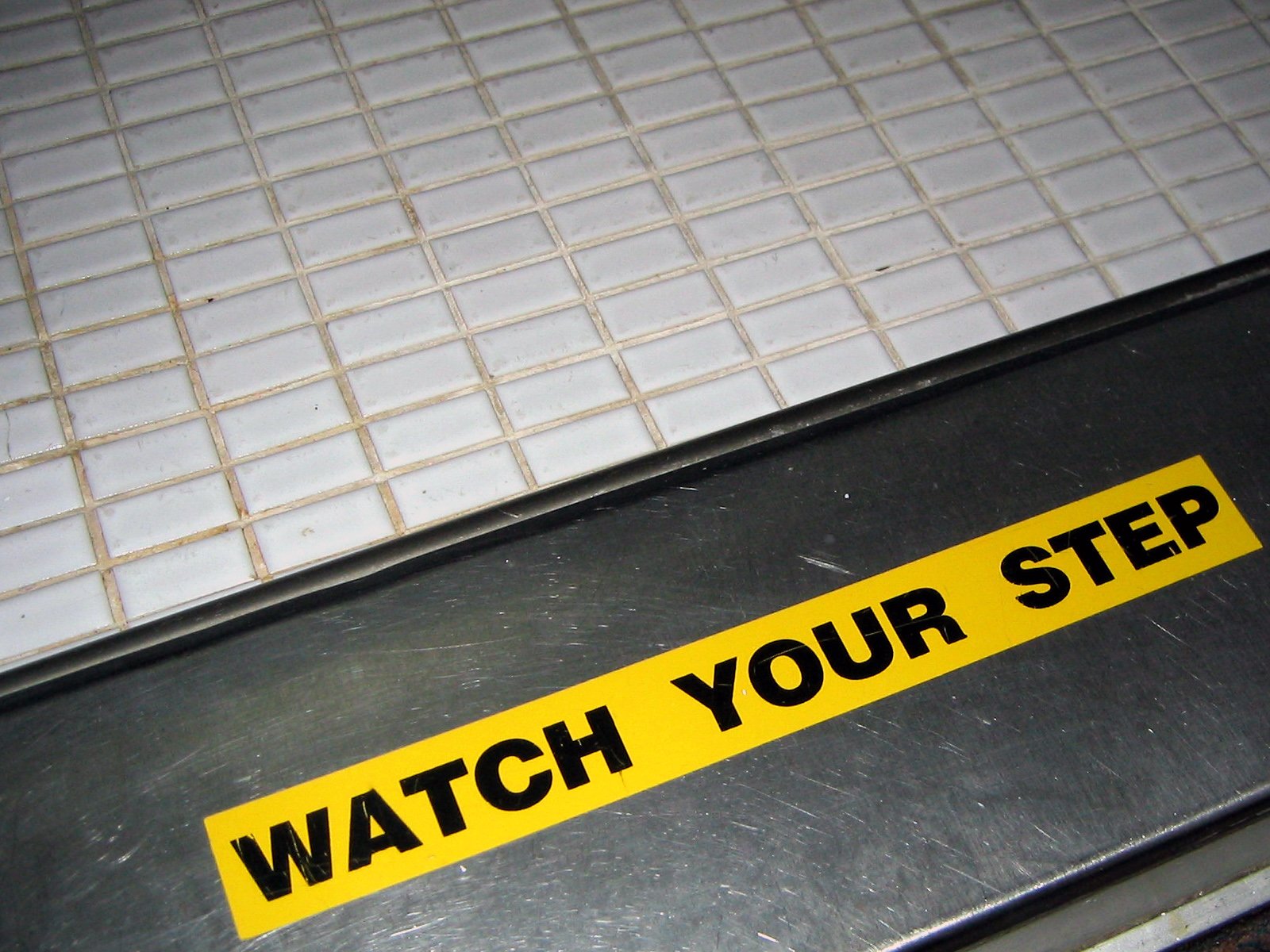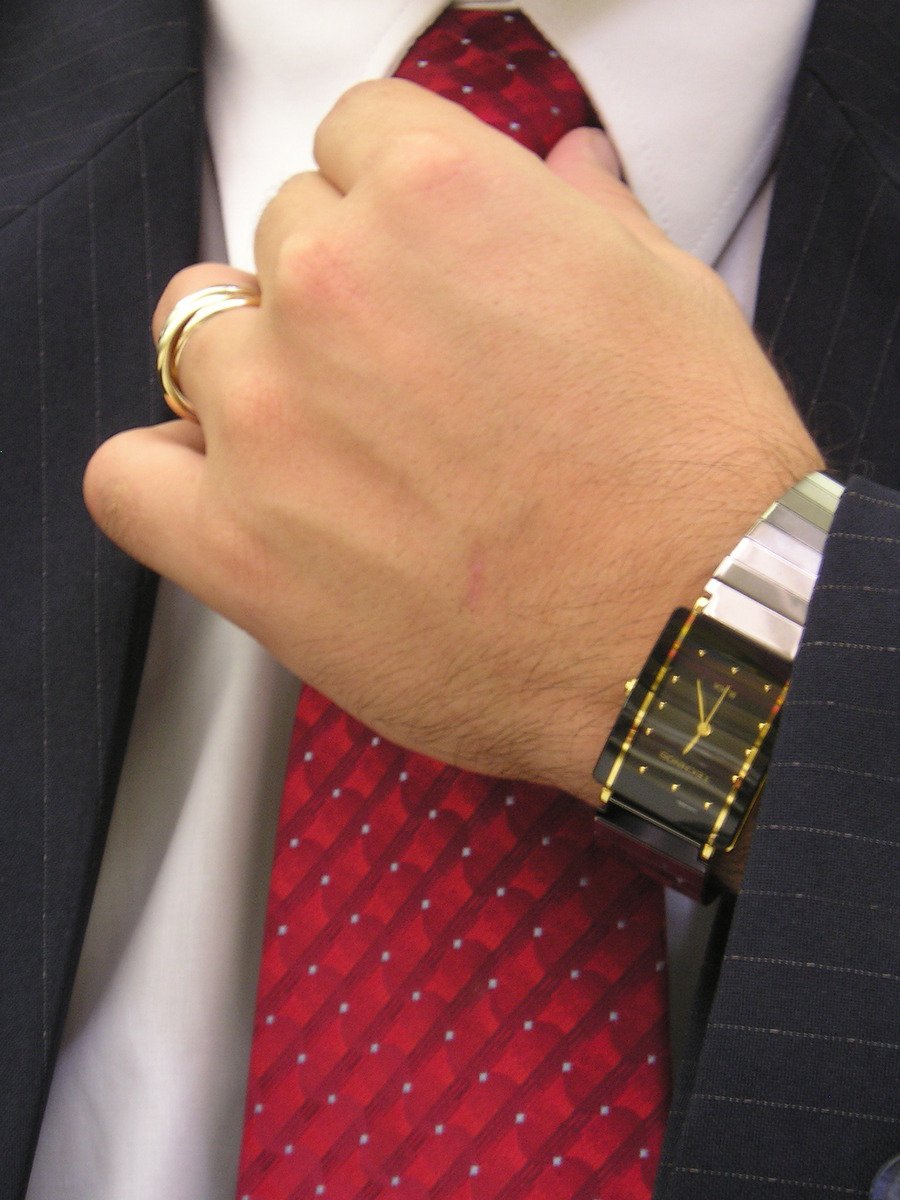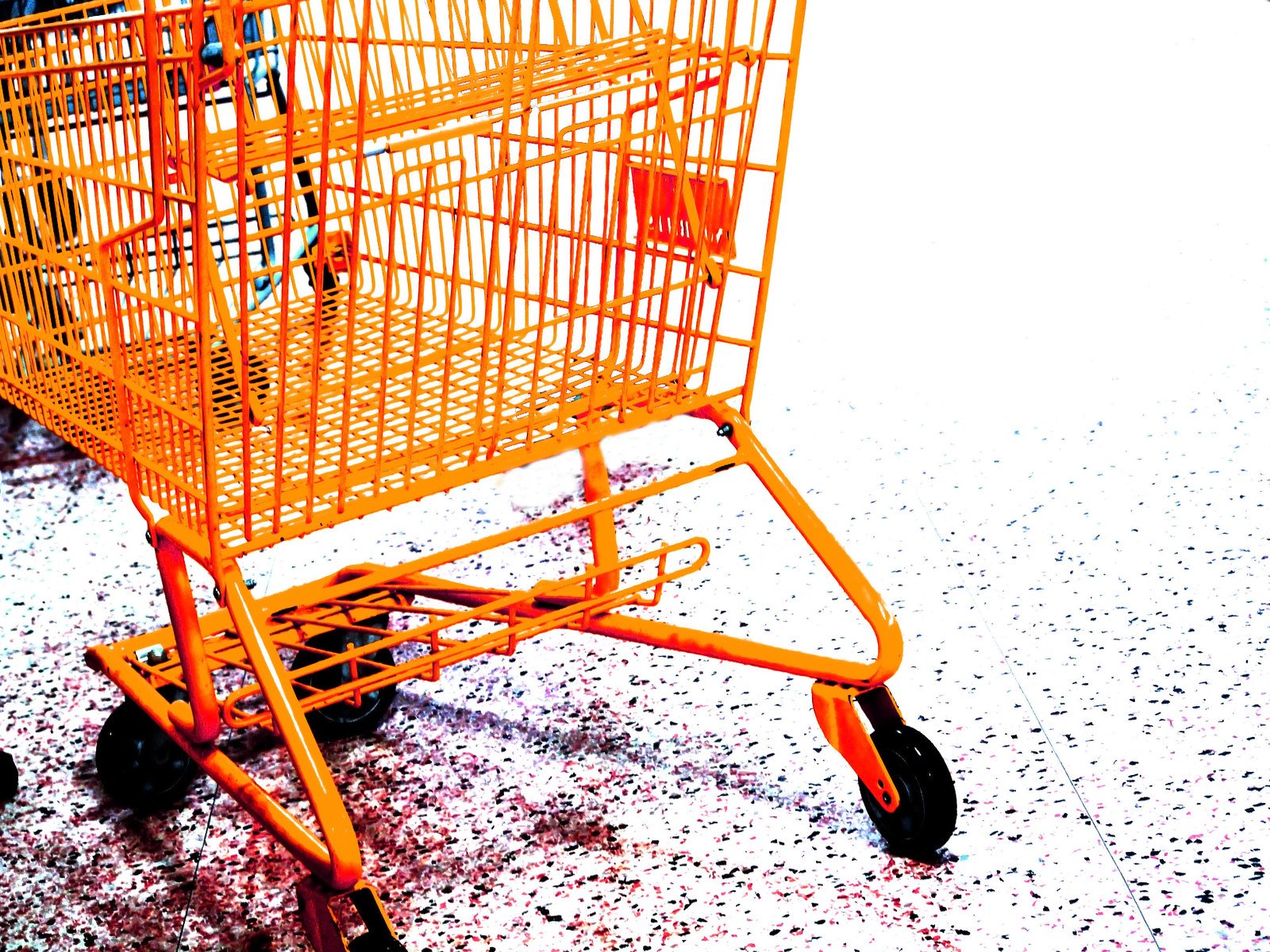Employers have a responsibility to provide a safe working environment. Failure to do so may result in a fine by government regulators. Workers’ compensation – the exclusive remedy for employees against their employers for job-related injuries – is paid on a no-fault basis. That means workers who are injured in Florida don’t need to prove…
Continue reading ›Articles Posted in personal injury attorney
Trampoline parks have been cropping up in Broward County and throughout the country, offering children a chance to literally bounce off the walls to burn some energy. They are especially popular in South Florida in the summer, where parents and caregivers need something fun and active to keep kids occupied while still keeping them out…
Continue reading ›Florida is somewhat unique when it comes to slip-and-fall cases (compared to other states and compared to other premises liability action here in Florida). Thanks to a 2010 move by the legislature (backed heavily by corporate lobbyists), people suing for slip-and-fall in Florida must prove not only that there was a transitory foreign substance on…
Continue reading ›Social media has become such an integrated part of our everyday lives, it’s hard to believe it Facebook first launched in 2004, becoming open to the general public in 2006. Today it has 1.3 billion users. Twitter, which also launched in 2006, has more than 100 million users who post 350 million tweets daily. Instagram,…
Continue reading ›An alleged failure to misdiagnose a child’s chronic kidney disease led to a medical malpractice lawsuit, one that just landed before the Florida Supreme Court. A girl who underwent a kidney transplant in 2007 took legal action against her pediatrician of seven years, alleging he should have diagnosed her with C1q nephropathy before it caused…
Continue reading ›As it has now down now annually for more than a decade, the American Tort Reform Association has released a new edition of its “Judicial Hellholes” report, and this year, ranking Florida No. 1. It was deemed the worst in terms of “judges in civil cases systematically apply laws and court procedures in an unfair…
Continue reading ›In Florida premises liability law (which pertains to the responsibility of property owners to keep their site reasonably safe), the “open and obvious” doctrine is one that essentially states if a hazard or condition was open and obvious to a reasonable person, the landowner isn’t liable (or might be less liable) for failing to address…
Continue reading ›When you take your child to a restaurant, park or other property, the property owner owes both of you a duty of care to help avoid the risk of foreseeable injuries due to hazards on site. However, a recent decision by the U.S. Court of Appeals for the Seventh Circuit held that parents are not…
Continue reading ›It’s estimated that nearly 30 million people experience a house fire just during the holidays, according to InsuranceQuotes.com. The National Fire Prevention Association reports more than half a million properties are destroyed annually by fire, with nearly 80 percent of those being residential properties. When someone is injured – or worse, killed – in one…
Continue reading ›Just ahead of the holiday shopping rush, consumer watchdog Consumer Affairs reported on the annual list of most dangerous toys, as released by the World Against Toys Causing Harm (WATCH). The toys on the list are there for a variety of reasons. For instance, some, like the extremely popular Fidget Spinners, have small parts that…
Continue reading ›




















